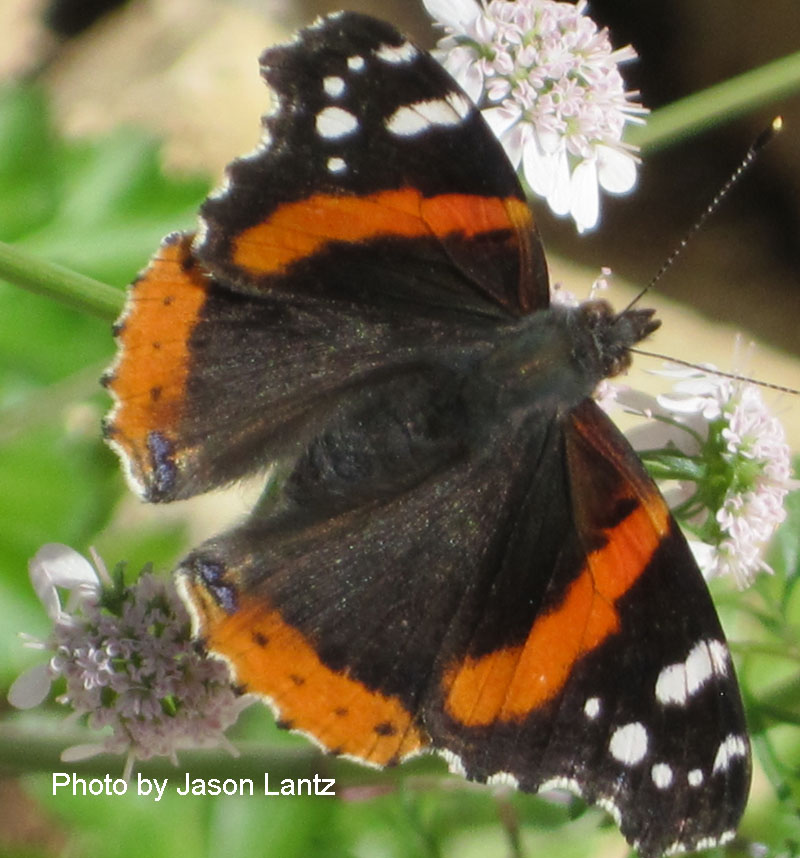January 14, 2016
Wine and Dine Yourself
I can pick a peck of these spicy little peppers all winter on my patio since we cover it with plastic when temperatures drop.

Okay, not a peck exactly, but I wouldn’t have any if I left this container outside. I treasure it since I snagged it at Zilker Garden Festival years ago. Those I seed in the garden in late spring bail out with the basil when cold weather hits.
Then we’ve got plants that can be root-hardy in the ground, but can die in containers if left unprotected. That includes some citrus, some agaves, and subtropicals like Yellow Bells (Tecoma stans). My summer-blooming, fragrant sambac jasmine’s in a pot, here cavorting with grounded Turk’s cap.

It wouldn’t make it through winter without our “greenhouse” protection. However, some gardeners tell me they grow it in the ground. In fact, here’s one at the Travis County Extension garden that Master Gardener Sheryl Williams confirms has been there at least 12 years! Note: microclimate makes a huge difference with all marginal plants.

Daphne tells us: “Some gardeners assume that their container plant died from the top freezing back. When plants are in containers, the roots are actually more exposed to temperature and other climatic extremes. Soil is actually quite insulating, so being planted in the ground provides a measure of protection from the elements, at least, for the roots.” Find out more and how to correctly cover your plants in winter.
Have you ever tried grafting? It totally fascinates me, but seems so hard. John makes it quite easy and a fun indoor project to trim those leggy houseplants and create new pass alongs, too.

Although I’ve grown a few potatoes (mostly in the compost pile), Caroline Homer, Travis County Master Gardener and blogger at The Shovel-Ready Garden does it right!

Last year in mid-January, she ordered Kennebec and Red Pontiac seed potatoes from a certified organic supplier. By May, she got about 30 pounds of tasty, fresh, potatoes from the six pounds she planted. Here’s what she did.
Marjory Wildcraft made the move to sustainable family living by raising most of their food, including livestock. This week, she joins Tom to explain how to grow half our food in less than an hour a day—even in a standard-sized yard.

Founder of the [Grow] Network, Marjory created an online global network of people who produce their own food and medicine. On her site, learn about edible landscapes, livestock, wild food, aquaponics, “Grow Your Own Groceries” videos, and more.

To unite the world-wide food community to promote backyard food production, Marjory launched the annual online Homegrown Food Summit. Find out about this year’s free event or purchase past presentations.

It’s great when we can feed ourselves and the pollinators! When cilantro bolts and flowers this spring, take a tip from Jason Lantz, our Viewer Picture this week! He spotted this lovely Red Admiral butterfly enjoying the nectar, as do many pollinators.

On tour, Nerinda and Joel Pennington don’t have to hit the road to visit a vineyard. All they do is step out the back door to watch grapes ripen into their signature wine: Slow Turtle.

Thanks to colleague JJ Weber for photographs (along with Ed’s video screen shots) since that’s the fateful day my camera fell off the picnic bench, smashing the lens. Ozzie tried to warn me, but I was so excited to see everything!

Slow Turtle started in 2012 when the Penningtons bought a house that came with a neglected micro-vineyard.

An adventurous, curious family, they couldn’t resist this new challenge. They studied up, brought the Champanel vines back to health, turned an old shed into a winery, and dialed up the look with stylish deer-proofing that lets in light and air.



Daughters Naiya and Uschi love to help tend the grapes and crush them when ripe, already learning how a family project becomes a real product with its own marketable label.


Joel enrolled in Texas Tech’s online and hands-on Texas Winemaking Certificate Program to learn more. He kept the Champanels that are resistant to Pierce’s Disease and explains how he prunes and anchors these vigorous vines.


Since pruning results in yards of vines, Nerinda twirled some of the leftovers into outdoor lighting with a twist. A beach ball modeled this one.

She shaped this one around a big PVC pipe.

In our brief visit, Joel toured us through the intriguing grape-to-wine process, including harvest, fermentation and testing for the tastiest sugar-to-acidity ratio.


See the whole story now!
Cheers! And see you next week, Linda

